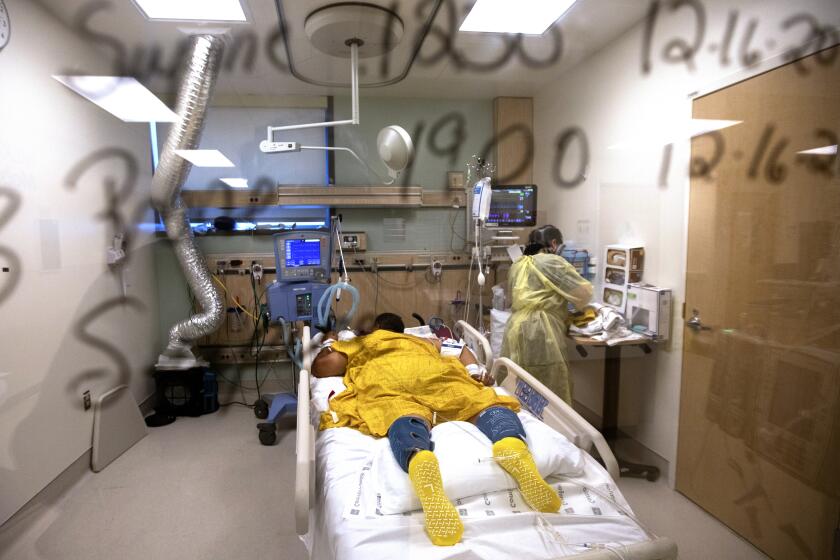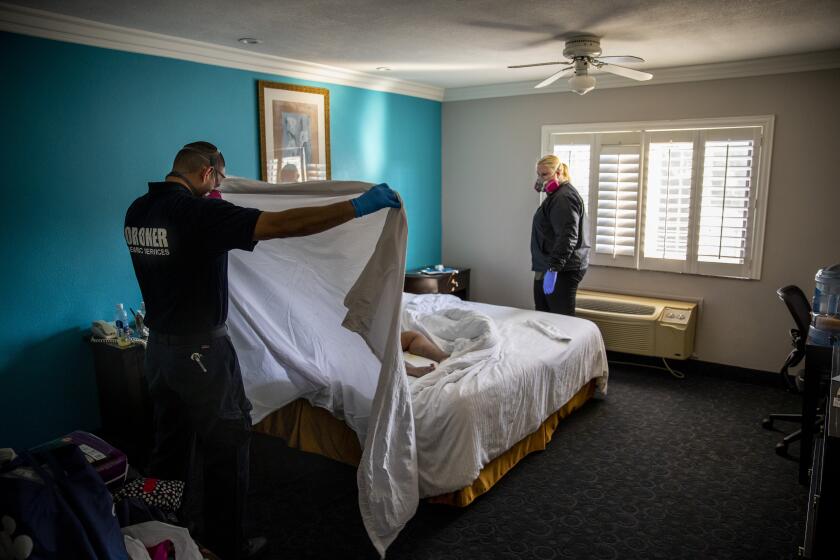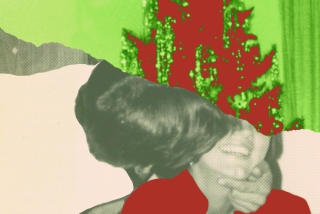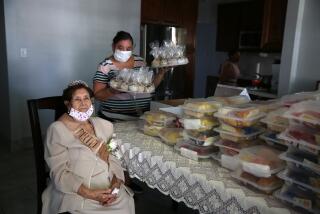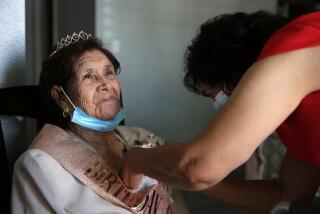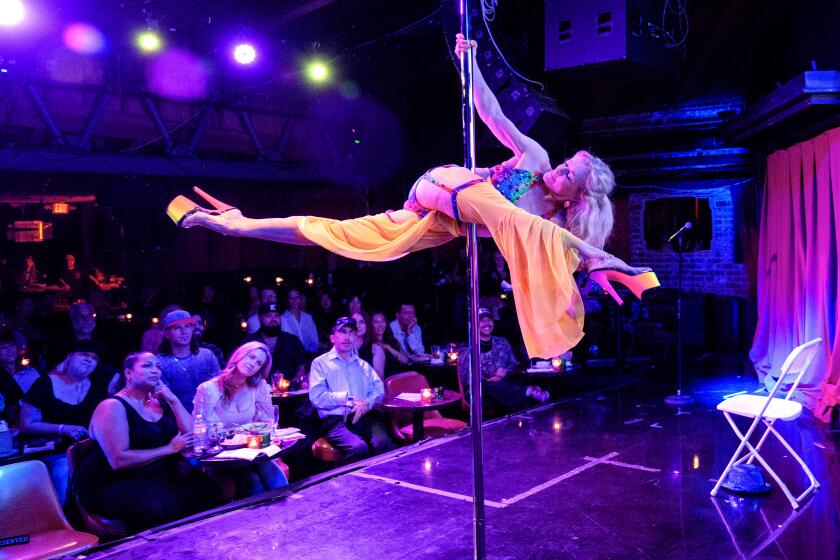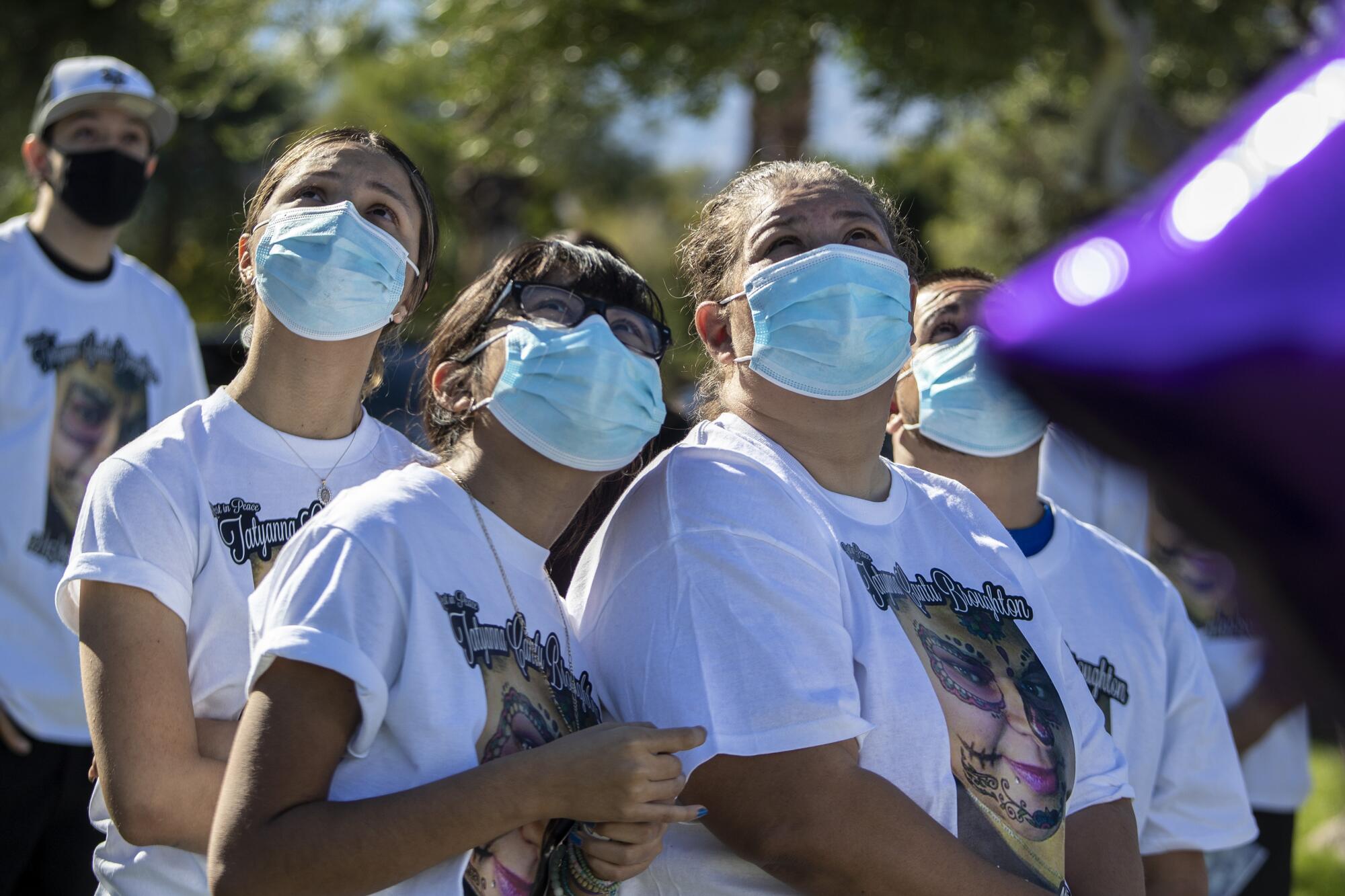
CATHEDRAL CITY, Calif. — The Macias family has seven reasons to be furious that you will not wear a mask, that you went to Thanksgiving dinner for 20 without a second thought, that you dismiss the coronavirus as not much worse than the flu.
Alexandria Cantu Macias is reason No. 1. The 41-year-old spent a week in the hospital because COVID-19 stole her ability to breathe. Reason No. 2 is Alexandria’s daughter, Gabriella Alvarado, age 13, the first member of the big, close-knit Latino family to show symptoms.
Alexandria’s mother, stepfather and mother-in-law all tested positive for the coronavirus, too. They’re reasons No. 3, 4 and 5.
No. 6 is Luis Enrique Macias Sr. Her husband. He was only sick with COVID-19 for a few days. Then his appetite came back, he took a little walk, told his pastor he was on the mend. He died on Halloween. He was 45. He wanted to start a Christian breakdance group, his son said at his funeral, and call it BDC.
“I’m like, ‘BDC? What does that mean, Pops?’ He’d say, ‘It stands for Boogie Down Christ.’” The congregation at the outdoor ritual laughed. Luis Enrique Macias Jr. continued on. “That’s the kind of dad, son, uncle, brother he is, just a goofball.”
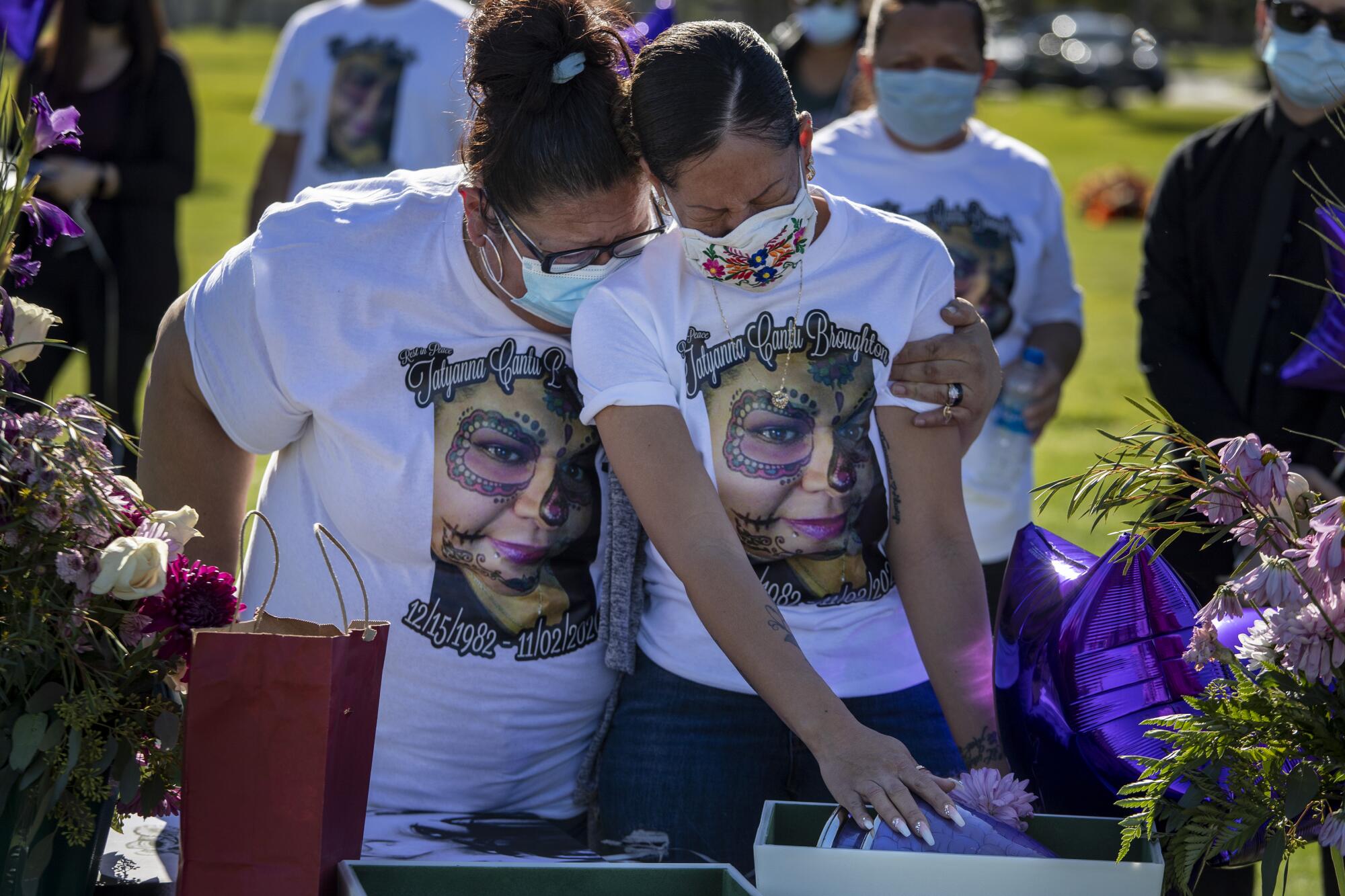
And reason No. 7? Tatyana Cantu Broughton, Alexandria’s sister. Tatyana was 37, an essential worker who took care of elderly patients at Loving Care Living in Palm Springs.
She adored the color purple and Dia de los Muertos, which ends on Nov. 2. That’s the day she died of COVID-19, less than 48 hours after her brother-in-law.
Seven COVID-19 patients. Four hospitalizations. Two funerals. One family.
The virus, Alexandria said, is “like a thief in the night. It comes in to steal and destroy, and you just don’t know when it’s coming in, when it’s going to affect you. ... It affects everybody.”
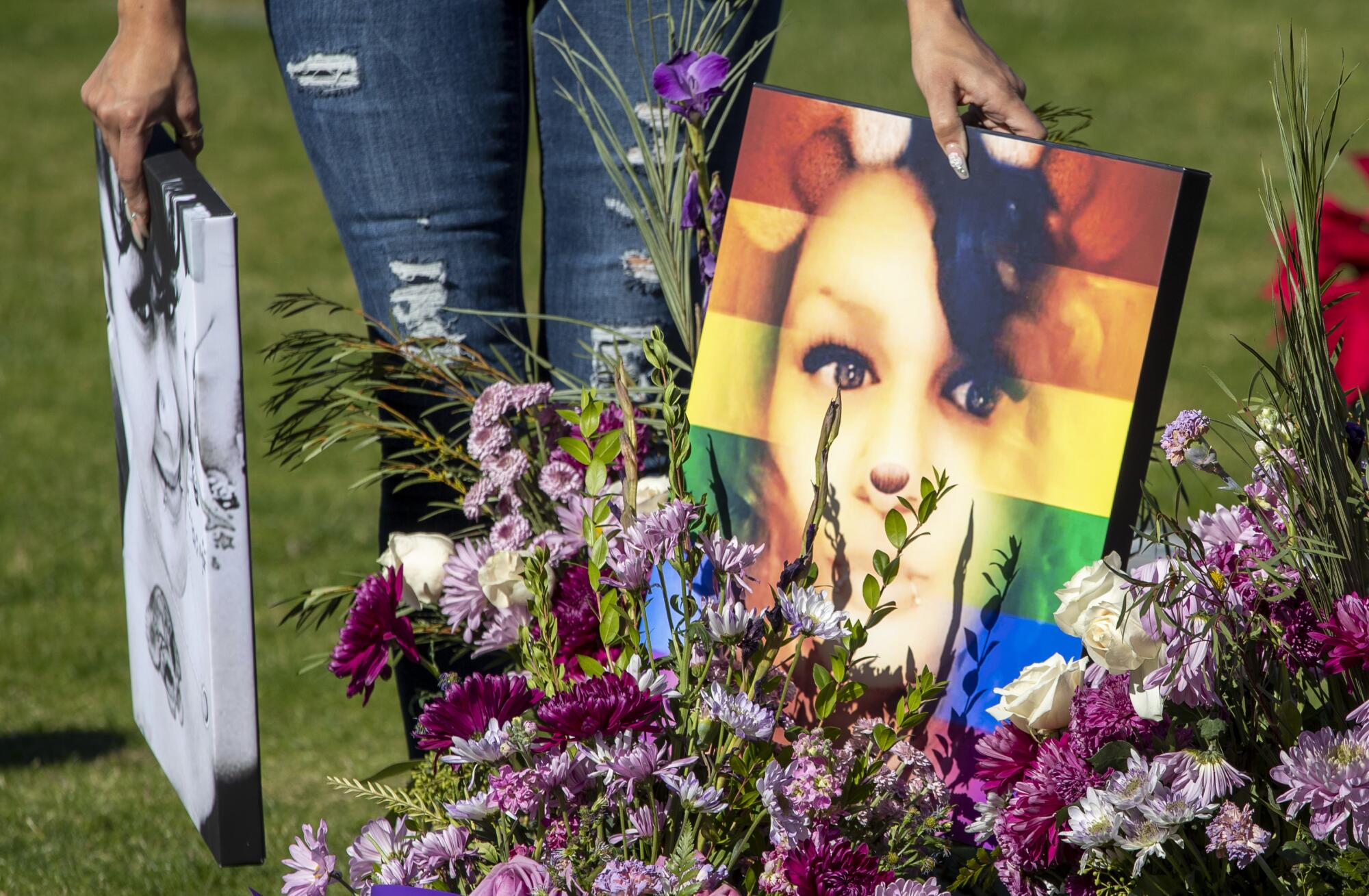
The damage wrought by the virus, however, is not evenly shared. The greatest burden during the pandemic’s first 10 months or so has fallen on Latino and Black people, on essential workers, on multigenerational households sharing close quarters, on those with underlying health conditions, such as diabetes.
On people like the Macias family.
Alexandria, Luis Sr. and Gabriella lived together in a three-bedroom house here in the working-class heart of the Coachella Valley. Tatyana lived with them, too. And so did Alexandria and Tatyana’s mother and stepfather, Norma Cantu Hernandez, 61, and Federico Hernandez, 48.
The family does not know how COVID-19 invaded the household. But one thing is clear: No adult in that immediate circle had the luxury of working from home.
Alexandria is a stock clerk at the Burlington store in Palm Springs. Federico did prep work and washed dishes part-time at an Applebee’s restaurant before stay-at-home orders decimated its staff; now he works in construction. Luis did maintenance for Black & White Sweeping in Indio, keeping parking lots clean and trash cans emptied. Tatyana cared for senior citizens, cooking and helping them dress.
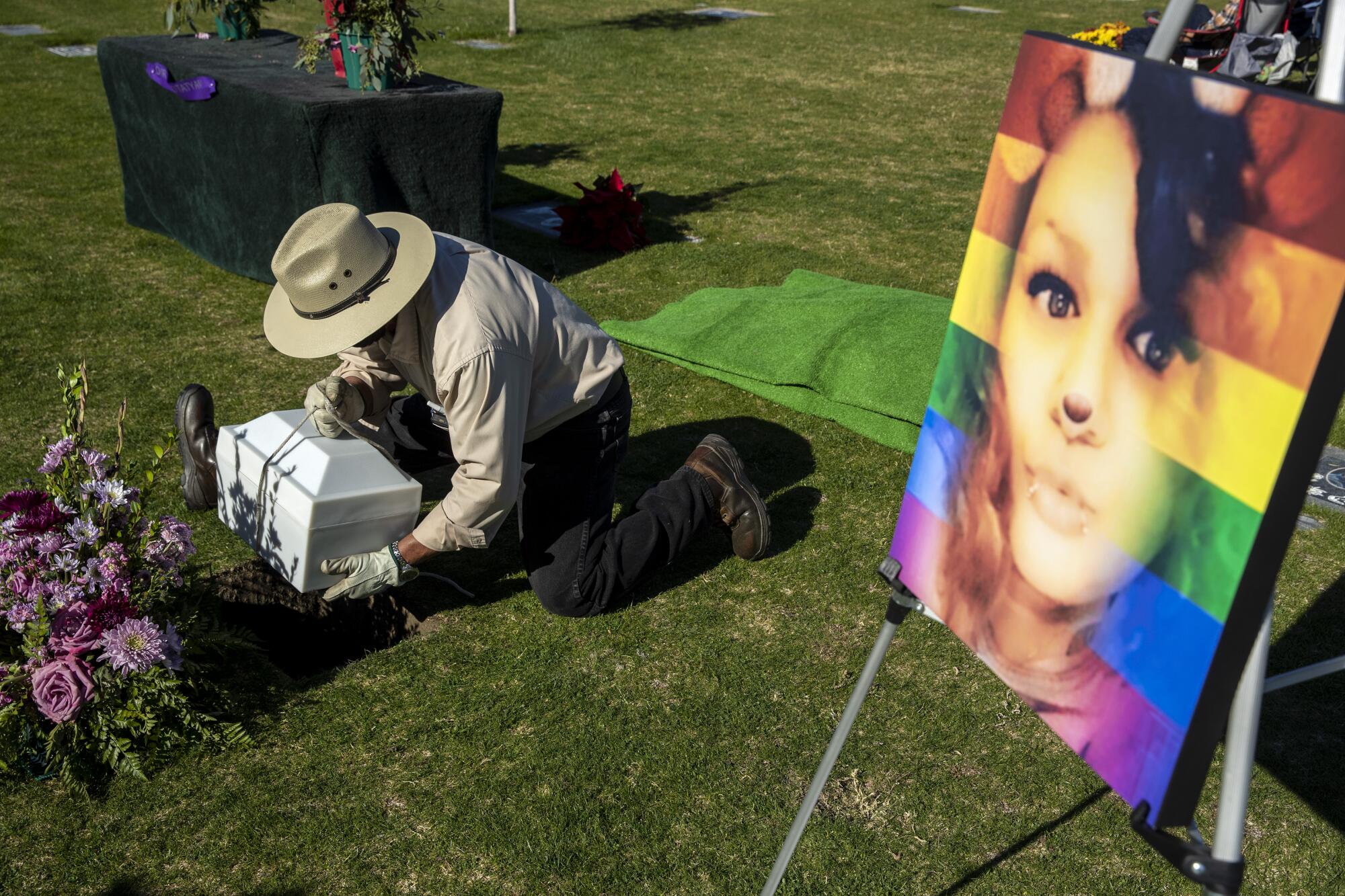
Gabriella was the only exception. She’s in eighth grade and all her classes were remote. But she got sick first — with a slight fever and a runny nose on Oct. 20.
For the next seven weeks, each passing day was worse than the one that came before. Alexandria ticks them off, her voice calm. It is early December, and, she says, “emotionally, it’s still a shocker. And though it’s been a month already, it’s just like, it’s like little things trigger me.
“I’ll still see, like, memories or things like we used to do together, me and my sister, or me and my husband and the kids. And it just starts to bring a tear. But I, like, I can’t cry. Because that’s not what they wanted. We were always happy.”
Until the last week or two in October.
Oct. 21: Norma, Alexandria’s mom, takes Gabriella to be tested for the coronavirus and gets tested herself at the same time. Two days later, the results arrive, and it’s bad news all around. Grandmother and granddaughter are both positive for the coronavirus.
Oct. 24: Alexandria, Luis Sr., Tatyana and Federico get tested. Four days later, more test results. More bad news. All four tested positive.
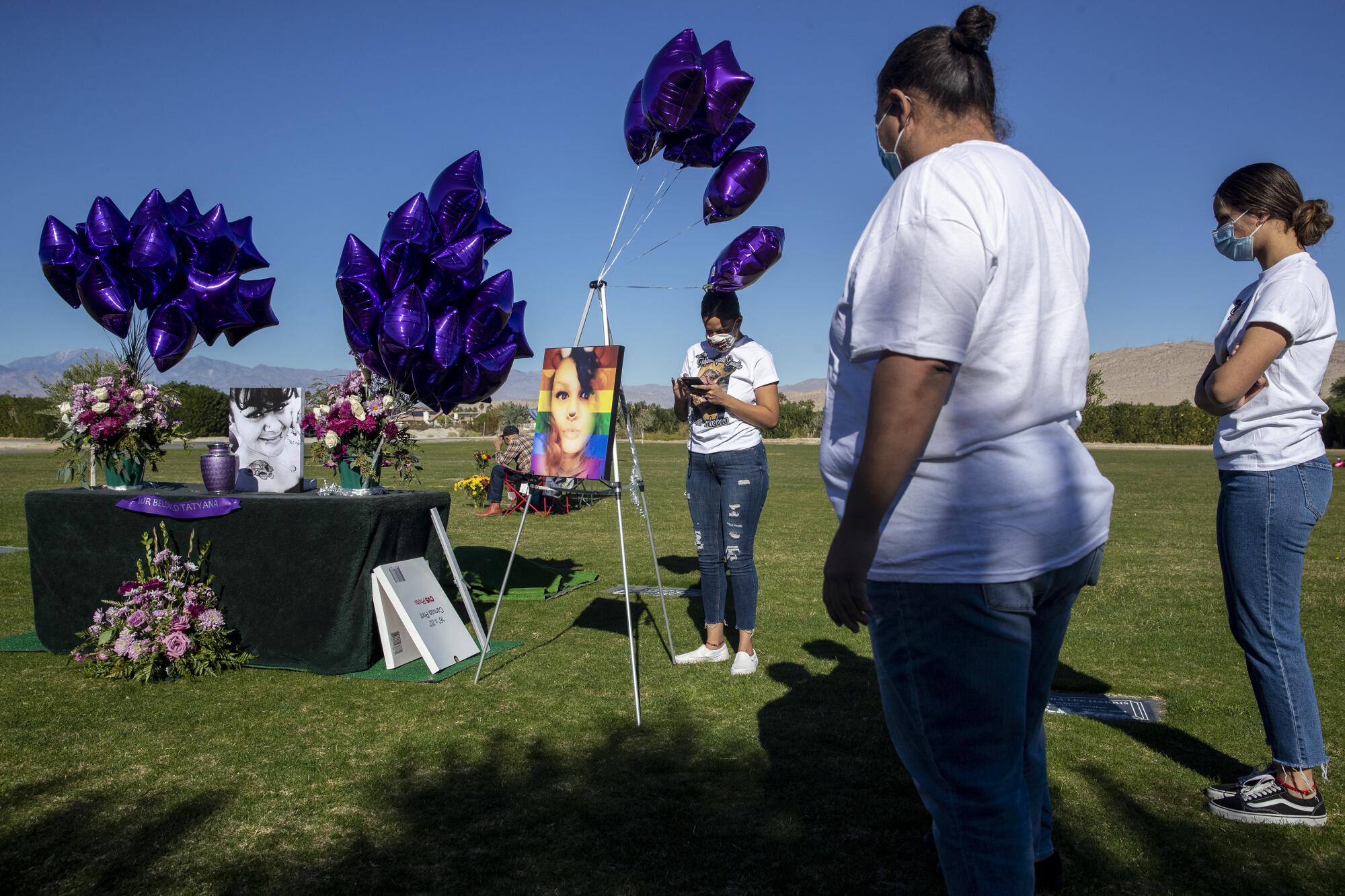
“Once they told us we had all came back positive, we were all just quarantined in the house,” Alexandria said. “We do what we had to do. The six feet. Everybody stayed in their own room. We were doing the sanitizing, not going out, people were bringing us food and stuff due to COVID.”
On Halloween, Alexandria headed to her doctor’s office. She had to pick up some medication. When she got home, she went into the room where Luis was sleeping. It was 10 a.m. She said good morning, asked if he was hungry, stroked his forehead, pushed his hair back off his face.
He was cold. She called for her mom. And stood there.
Oct. 31: Luis Sr. is dead.
“I’m in shock,” she said. “I didn’t have no words. I couldn’t get a tear out. ... I couldn’t do anything but breathe right then and there when I was looking at him.”
That was Saturday. On Sunday evening, Norma went to Tatyana’s room to check on her before going to bed. Tatyana didn’t respond to her mother’s questions. Her skin was cool to the touch. An ambulance came, raced her to Eisenhower Health. At 3 a.m. Monday, Tatyana was dead.
“I go, ‘That’s two.’ I go, ‘What’s next?’ And I’m just praying and just asking why,” Alexandria recounted. “And then that [same] Monday, my mom starts having trouble breathing. So I tell her, I go, ‘Let me take you to the hospital.’”
Norma spent the night at Eisenhower and came home on Nov. 3, oxygen tank in tow. On Nov. 4, it was Alexandria’s turn. She spiked a 102-degree fever, shook uncontrollably. Another ambulance ride, another hospital stay. She came down with pneumonia. She spent a week at Eisenhower.
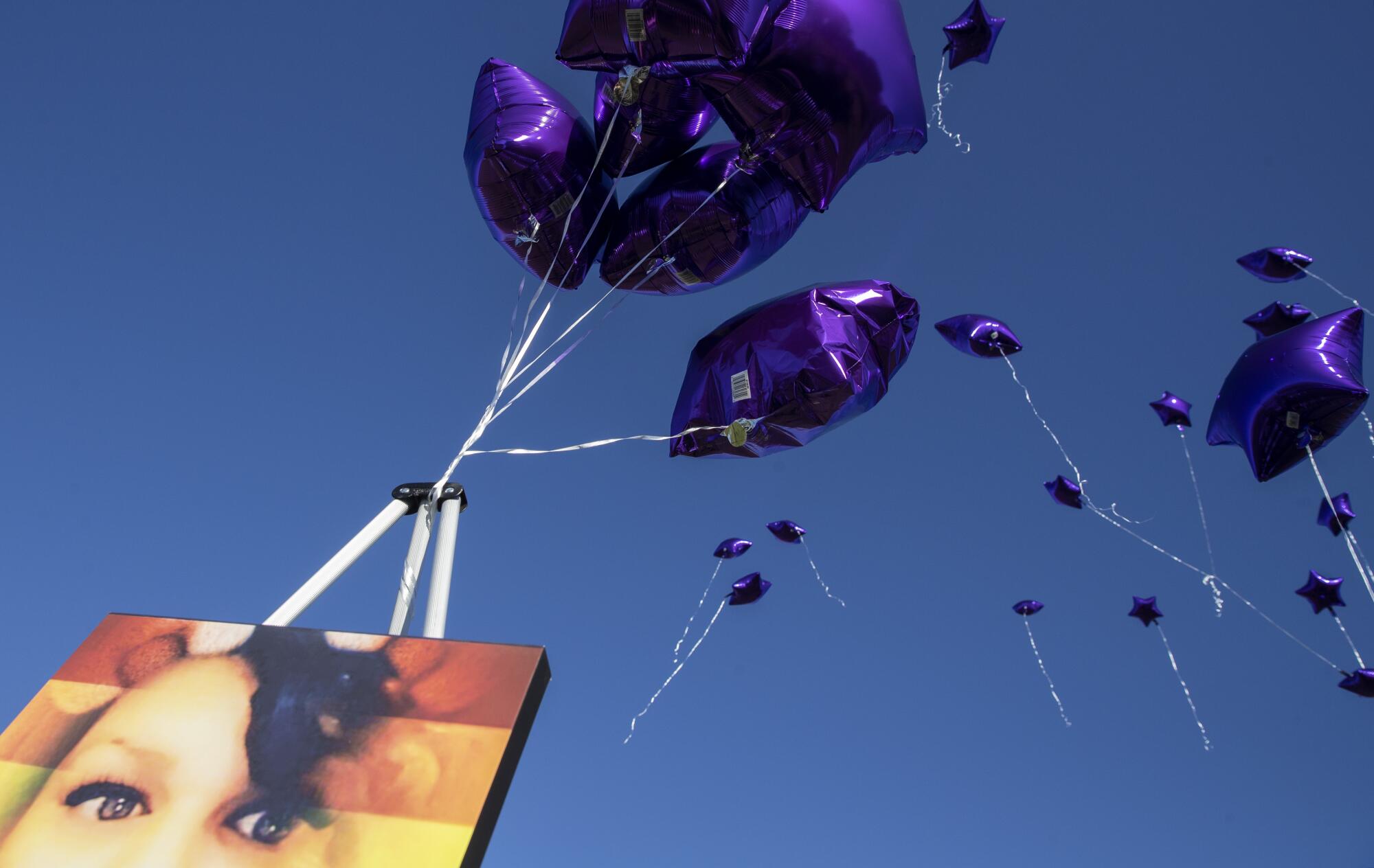
“When I met her, she was on about four liters of oxygen,” said Amanda Beck, a registered nurse who cared for Alexandria at the Rancho Mirage hospital and eventually discharged her. “Whenever she’d get up, she was short of breath. ... She did come up COVID positive. Uncontrolled [blood] sugar. Blood infection. She was sick. She was scared.”
Thanksgiving for the Macias family was bookended with funerals.
Luis Sr.’s service was first, five days before the holiday. His death leaves a yawning hole in his family and his church, Koinonia Life Ministries in Cathedral City.
He started out there six years ago as head usher and ended up as Pastor Joe Adams’ dear friend and “right-hand man.” He started out struggling with alcoholism and ended up sober, a mentor to other men in the congregation, a regular presence at the local homeless shelter, a man remembered for the big heart in his small, diabetic body.
For an investigator with the L.A. County Dept. of Medical Examiner-Coroner, the job on this day is to piece together the puzzle of the victim’s life and death — and to stay healthy.
His Nov. 21 service celebrated that arc of a life.
“My dad would never claim to be a perfect man,” Luis Jr. told those gathered for his father’s funeral both in person and via Facebook Live. “My Pops thought he was the bottom of the barrel. He was always a quiet guy, very shy and not very affectionate either.
“I laugh about it now, but we’re talking about the Louie who would show up to my baseball games, he’d show up drunk and say, ‘Hey, No. 5, you suck!’” his son continued. “I mention this, and the reason why these are my favorite memories is because I can see how Christ molded my dad into the man who was not scared to give hugs and say the words ‘I love you’ to his family and friends.”
Or as another tearful speaker put it after praising the man he called Brother Louie: “It’s not how you start, but how you finish.”
Luis Sr. was cremated on Dec. 1, wearing a Tennessee Titans shirt and wrapped in a Titans blanket. Emblems of his favorite football team. Christmas presents Alexandria never had a chance to give him.
Tatyana was buried two days later.
Adams began the graveside service with a prayer.
“Father, we thank you that you are there to comfort us through the times that we don’t understand, through the times, Lord, when the memories bring laughter and tears.”
He stood beside a green-draped table with a purple urn containing Tatyana’s ashes. There were bouquets of flowers and shiny purple balloons in the shape of stars. Tatyana’s family members wore white T-shirts emblazoned with a photograph of the dead woman’s face, brightly painted for Dia de los Muertos.
When the service ended, they released the balloons into the bright blue sky and watched them float away.
More to Read
Sign up for Essential California
The most important California stories and recommendations in your inbox every morning.
You may occasionally receive promotional content from the Los Angeles Times.
